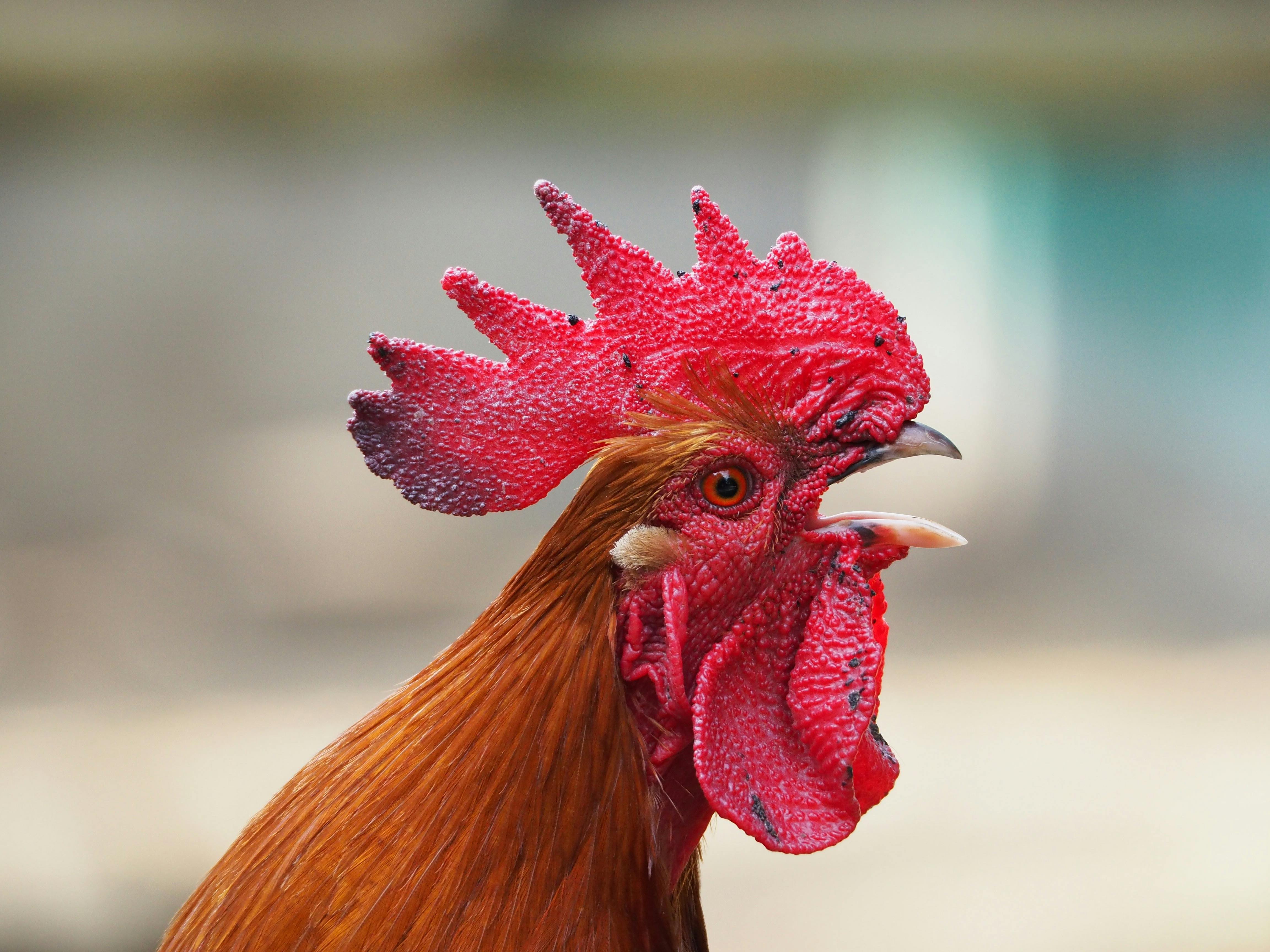How to Care for a Bird's Beak

How to Care for a Bird's Beak
Having a bird as a pet can bring much joy and entertainment to a home. However, it's crucial to maintain proper care for all aspects of your bird's health, including its beak. The beak of a bird is not just a tool for eating; it plays a pivotal role in preening, climbing, and defending. Therefore, ensuring that your bird's beak is healthy is essential for its overall well-being.
Understanding the Importance of Beak Care
A bird's beak is made from keratin, the same material as human nails, and it continuously grows throughout its life. Improper care can lead to overgrowth, deformities, and other health issues. Thus, regular monitoring and maintenance are vital.
Regular Check-Ups
Regularly observing your bird's beak is the first step in beak care. Check for any signs of abnormalities such as cracks, overgrowth, or discolouration. If you notice anything unusual, consult with a vet who specializes in avian care. Professional avian vets can provide essential tips tailored to the specific needs of your bird's species.
Proper Diet
A balanced diet is crucial for maintaining a healthy beak. Ensure your bird gets a variety of foods, such as seeds, fruits, and vegetables, which provide the necessary nutrients. Foods like cuttlebone or mineral blocks can also help in naturally trimming the beak.
Beak Trimming
While some birds keep their beaks in good condition naturally by chewing on wood or hard food, others may require regular trimming. Beak trimming should always be done by a professional. Attempting to trim a beak yourself can lead to injuries or improper growth if not done correctly.
Toys and Activities
Providing your bird with the appropriate toys and activities can also aid in beak care. Toys made of wood, leather, or other hard materials help birds to naturally manage beak length and health. It also stimulates them mentally, making them happier and healthier overall.
Cleanliness
Keeping your bird's living environment clean is vital in preventing infections that could potentially affect the beak. Regularly cleaning the cage and the food and water containers helps in maintaining an overall healthy environment for your feathered friend.
Observing Behaviour
Changes in beak usage can be an indicator of health issues. If your bird stops eating or shows difficulty in handling food, it might be a sign of a beak problem or other health issues. In such cases, immediate veterinary attention is necessary.
By understanding and implementing proper beak care techniques, you can ensure your bird lives a happy and healthy life. Regular vet visits, a proper diet, suitable toys, and cleanliness are your best tools in maintaining your bird’s beak and overall health.